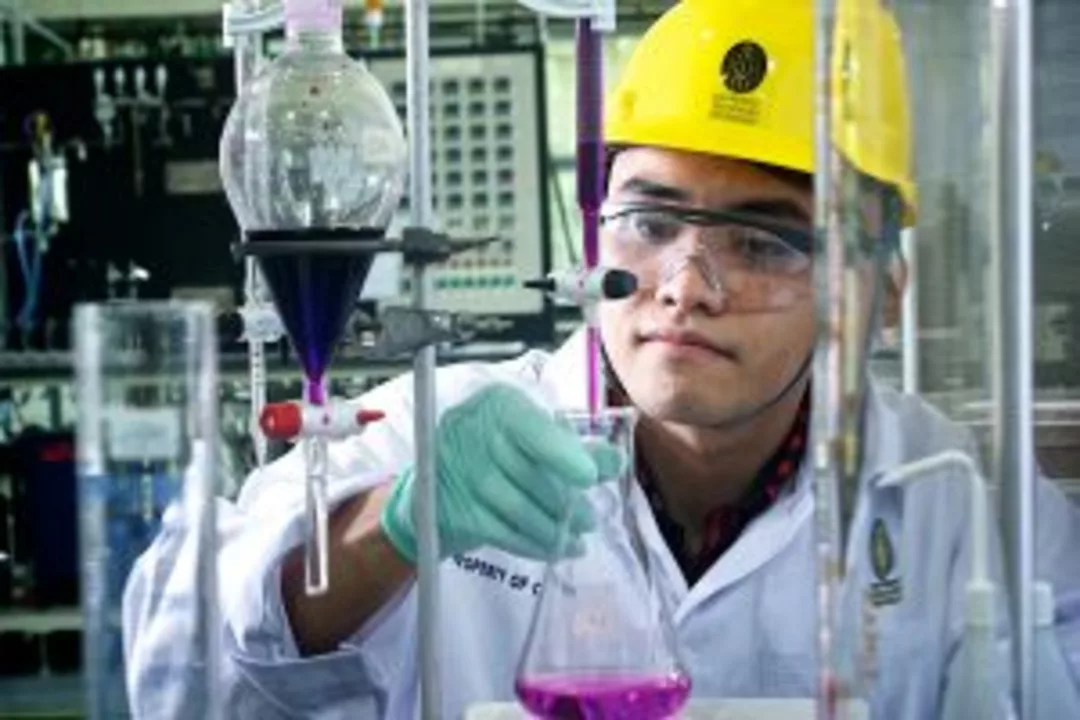Engineering Careers in Motorsports – Your Road to the Fast Lane
If you love speed and gadgets, a motorsport engineering job might be the perfect mix of passion and paycheck. Teams need people who can turn theory into track‑ready parts, from turbochargers to eco‑friendly fuels. Below we break down the main engineering paths and show how a chemical engineer can fit right in.
Core Engineering Roles on a Racing Team
Every car on the grid relies on three engineering pillars: mechanical, electrical and aerodynamics. Mechanical engineers design suspension, brakes and the chassis, making sure the car can handle the corner forces without breaking. Electrical engineers wire the power units, data‑loggers and driver‑assist systems, keeping the car’s brain alive at over 200 mph. Aerodynamicists shape the bodywork to squeeze out extra downforce while reducing drag.
These jobs aren’t just for people with a racing pedigree. Most teams hire graduates with solid internships, a good grasp of CAD software, and a willingness to test ideas on the track. A typical day can involve CFD simulations, wind‑tunnel runs, or hands‑on work at the garage during race weekends.
What a Chemical Engineer Can Do in F1
Think a chemical engineer can’t work in racing? Think again. F1 cars run on ultra‑refined fuel, high‑performance lubricants and cutting‑edge battery chemistry. Chemical engineers develop those formulas, test heat‑resistant coatings, and help the team meet stricter environmental rules. They also work on lightweight composites that keep the car strong but light.
One real‑world example: a chemical engineer might create a new fuel additive that boosts power while cutting emissions. They’ll run lab tests, analyse how the fuel burns inside the engine, and feed the data back to the performance team. The result is a faster lap time and a greener sport.
Because F1 is moving toward hybrid and fully electric power units, chemical expertise is in demand for battery electrolyte development and solid‑state battery research. If you’re keen on sustainability, motorsports offers a fast‑track way to see your ideas hit the road – literally.
Beyond the track, many teams run R&D centres that partner with universities and industry. Those labs need chemical engineers to run pilot projects, write safety protocols, and scale up successful formulas for commercial use. So a career in motorsport can open doors to the wider automotive world.
Getting into a motorsport engineering role usually starts with an internship or a graduate scheme. Look for programs at manufacturers, engine suppliers or even smaller Formula 2/3 teams. Show you can solve real problems – bring a mini‑project, like a fuel‑efficiency analysis, to an interview. Teams love candidates who can prove their ideas work in a test‑bench or on a track.
Once you’re in, the learning never stops. Every race provides fresh data, and engineers are expected to tweak designs week after week. The pressure is high, but the payoff is a seat on the podium, a personal best lap time, and the chance to push the limits of technology.
So whether you’re a mechanical, electrical or chemical engineer, the motorsport world has a place for you. It’s a fast‑paced career that blends science, sport and creativity. Ready to swap the office desk for a pit lane? Start researching team graduate programs today and gear up for the ride of a lifetime.

Can a chemical engineer work in F1?
As a chemical engineer myself, I've always been curious if my expertise could be applied to the world of Formula 1 racing. After some research, I discovered that chemical engineers can indeed work in F1, particularly in areas such as fuel and lubricant development. These professionals can also contribute to the design and optimization of various car components, such as lightweight materials and efficient cooling systems. Additionally, chemical engineers can work on improving the sustainability of the sport through innovations in battery technology and alternative fuels. Overall, there are many opportunities for chemical engineers to make a significant impact in the exciting world of Formula 1 racing.